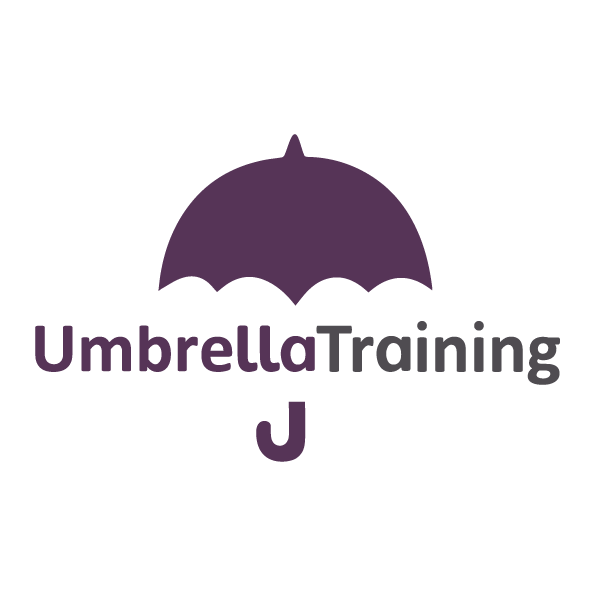How to prepare for GCSE exams
GCSE exams are a significant milestone in the educational journey of every student in the UK. These exams not only assess your knowledge but also play a crucial role in shaping your future academic and career journey.
With proper preparation and strategic planning, you can maximise your chances of success and achieve the grades you aspire to. In this comprehensive guide, we will explore effective strategies and tips to help you prepare for your GCSE exams.
GCSE exams are administered by various examination boards, such as AQA, OCR, Edexcel, and WJEC. Each subject is assessed through a combination of written exams, coursework, and practical assessments but this blog will focus on your exam prep. The grading system ranges from 9 to 1, with 9 being the highest grade and 1 being the lowest.
Create a Study Schedule
Creating a study schedule for your GCSE exams is a fundamental step towards effective preparation. Begin by assessing your current commitments and available study time, considering school hours, extracurricular activities, and personal obligations. It's very important to give yourself breaks and downtown by continuing sports and hobbies to avoid burnout!
Here is an example of an after-school study session:
Certainly! Here's an example of an after-school study timetable with breaks:
After-School Revision Timetable
Monday to Friday:
End of school - 5:00 PM: Free Time
5:00 PM - 5:45 PM: Study Session 1
5:45 PM - 6:00 PM: Short Break
6 PM - 6:45 PM: Study Session 2
6:45 PM - 7:30 PM: Meal Break
7:30 PM - 8:15 PM: Study Session 3
8:15 PM - 8:30 PM: Short Break
8:30 PM - 9:15 PM: Study Session 4
9:15 PM: Relaxation
For more help in planning a revision guide visit: https://www.bbc.co.uk/bitesize/articles/zn3497h#zsy4kty
2. Understand the Exam Format
Written exams cover a wide range of subjects such as Mathematics, English Language, Sciences, Humanities, Languages, and more.
The format of written exams may include:
Multiple-choice questions: These require you to select the correct answer from a list of options.
Short-answer questions: These questions typically require brief responses, often requiring students to recall specific facts or concepts.
Extended-response questions: These questions demand more detailed and analytical responses, requiring students to demonstrate a deeper understanding of the subject matter and often involving critical thinking and evaluation skills.
Essay questions: In subjects like English Literature, History, and Geography, students may be required to write essays that explore and analyse themes, events, or concepts in depth.
Practical assessments are commonly found in subjects such as Design & Technology, Physical Education, Sciences, and Performing Arts. The format of practical assessments varies depending on the subject but may include:
Design and art: In Design & Art subjects, you are often required to create and manufacture products or artwork, demonstrating your ability to follow design briefs, use tools and equipment safely, and apply knowledge of materials and processes.
Performances and presentations: In subjects like Music, Drama, and Physical Education, you may be assessed through performances, presentations, or practical demonstrations. These assessments evaluate students' technical skills, creativity, teamwork, and ability to communicate effectively.
3. Practice Regularly
By undertaking mock exams, you can assess your knowledge, identify strengths and weaknesses, and refine your exam techniques. Mock exams serve as an effective diagnostic tool, enabling you to pinpoint areas requiring further revision and tailor your study efforts accordingly. You will most likely sit mock exams in your exam hall and classroom but it's also great to practice them in your own time. This website has a brilliant list of past exam papers for you to download and use. https://revisionworld.com/gcse-revision/gcse-exam-past-papers
4. Take Care of Yourself
At Umbrella Training we believe that having a healthy mind and lifestyle will help you manage stress during exam time. Here are some top tips.
Prioritise sleep - try to get at least 8 hours with a set sleep/wake time.
Maintain a balanced diet and keep the fridge well stocked
Exercise regularly to relieve stress - such as a little walk around the block or a game of football with your friends.
Practise relaxation techniques - read our blog on wellness here! https://www.umbrellatraining.co.uk/news/breathe-60-seconds-of-meditation
Take regular breaks to avoid burnout
Stay organised - see the next point below!
Seek support: Reach out to teachers, friends, or family for support and encouragement during the exam period. If you're suffering from stress our blog here can help: https://www.umbrellatraining.co.uk/news/managing-stress
5. Get Your Equipment Organised
Most schools and exams will have their requirements for what you can bring, but we suggest having the following available:
At least two BLACK ballpoint pens
HB Pencil
30CM clear plastic ruler
Rubber
Sharpener
Highlighter
Scientific calculator
Protractor required
Compass
Any required medication (talk to your school about where this should go during your exam)
Remember that exam preparation is a journey, and consistency is key. Stay focused, stay motivated, and believe in your ability to achieve your academic goals. Good luck!
Apprenticeships after GCSE's
After completing your GCSEs, there are options such as A levels, BTECS, IB or T Levels, or you can take an apprenticeship. Apprenticeships offer a unique opportunity to gain practical skills, on-the-job training, and industry-recognised qualifications while earning a wage in an industry you're interested in. Such as engineering, healthcare, construction, IT, and hospitality.
At Umbrella Training we are passionate about apprenticeships with hospitality and believe it's a rewarding career path for any school leaver. If you think working in hospitality is something you want to explore, find out more here https://www.umbrellatraining.co.uk/apprenticeships or get in contact with your Umbrella Employ team https://www.umbrellatraining.co.uk/how-to-apply!







